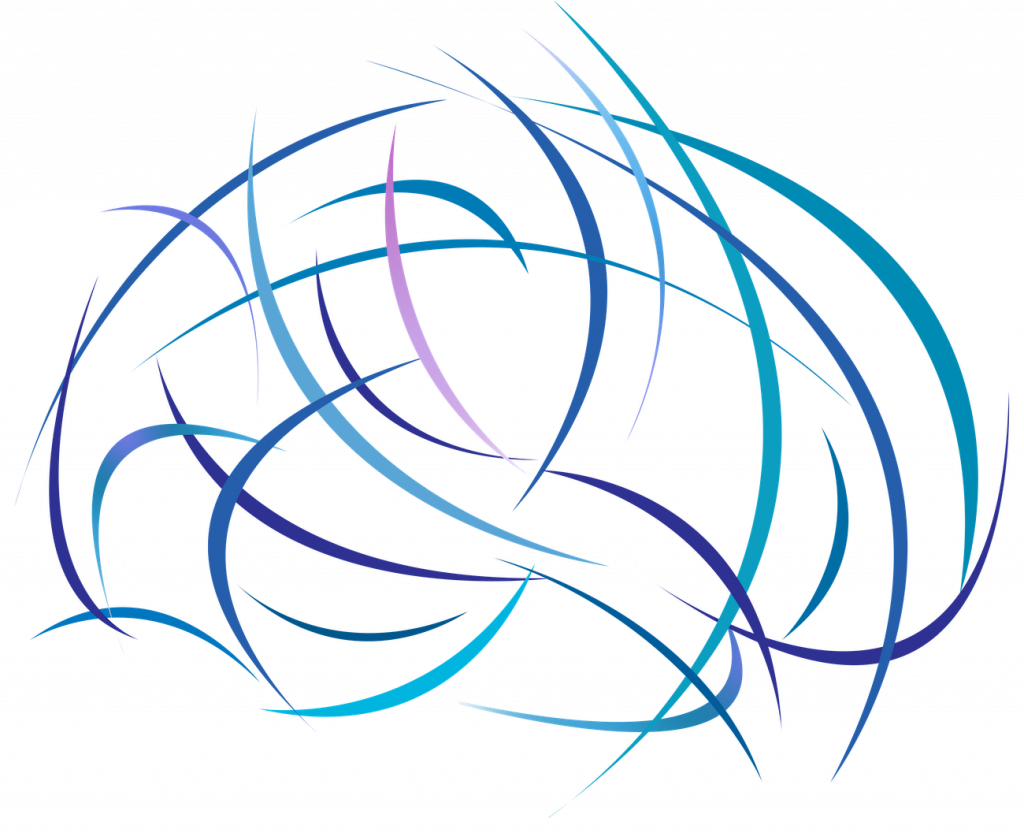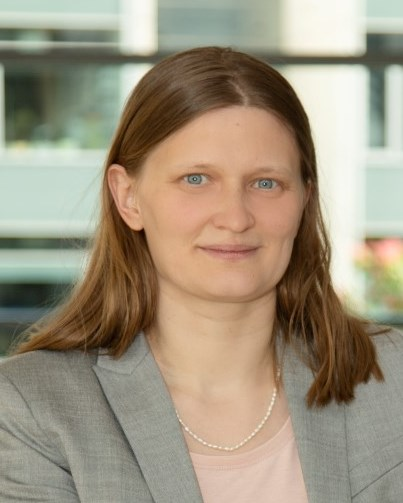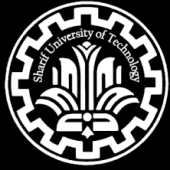Title
The biology of novelty seeking and uncertainty reduction
Bio
Ilya Monosov is an Associate Professor of Neuroscience, Neurosurgery, and Engineering at the Washington University School of Medicine. His laboratory is interested in uncovering the neuronal-basis and computational-mechanisms of voluntary-behavior and cognition, and to apply this knowledge to develop novel targeted treatments for psychiatric disorders. We are especially interested in (i) risky decision-making under uncertainty, (ii) exploration and novelty-seeking, (iii) appetitive and aversive learning, and (iv) curiosity, and in how these processes are controlled in health and disease. Ilya Monosov began his work as a graduate student under the supervision of Drs. Thompson, Sheinberg, and Wurtz and performed seminal work on visual attention showing how spatial attention actively contributes to object recognition during visual search. He, with Wurtz and Boyden, was also first to disrupt primate motor behavior with optogenetics. During his post-doctoral work, Monosov worked with Dr. Hikosaka and showed how context valences are distinctly represented in different areas of the ventral medial prefrontal cortex. Also, Monosov found a selective uncertainty signal in the activity of single neurons in the primate brain. As an independent investigator since 2014, Monosov has made many important discoveries. For example, his laboratory uncovered how uncertainty signals control behavior, particularly identifying a cortical basal ganglia network that controls the motivation to reduce our uncertainty about the future. They also found a distinct circuit that controls novelty seeking independently from classical reinforcement learning mechanisms. Presently, the Monosov laboratory spans human, monkey, and rodent research with the aim of deconstructing the circuits and mechanisms of cognition, to reverse engineer mental disorders, and uncover how our brains can learn under uncertainty to help succeed and prosper.
Abstract
Biological and artificial agents are motivated to seek reward. However, biological agents in particular display intrinsic motivation to explore, even when their curiosity does not result in reward. For example, humans and monkeys explore novel objects regardless of their task relevance, and they are often motivated to gain advance information about the future, even in situations in which this information cannot be used for the task at hand. I will discuss the biological mechanisms of these intrinsic drives and outline the circuit mechanisms through which curiosity can impact value-based economic decision making in primates and humans.
















